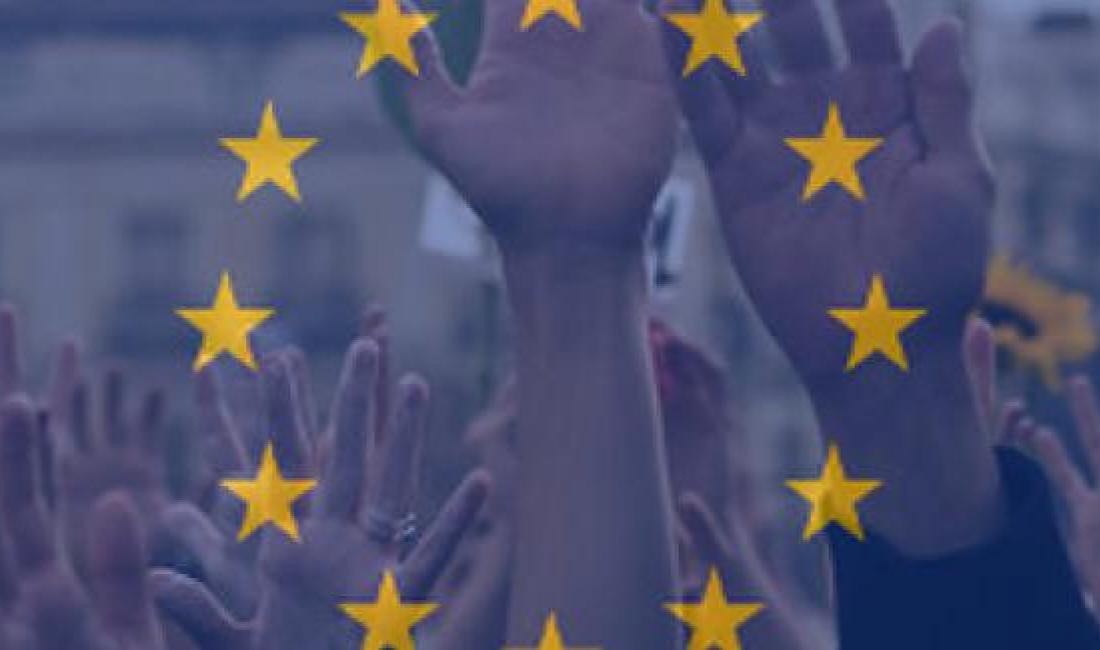On 1 April 2017, the European Citizens’ Initiative (ECI) will celebrate its fifth anniversary. The historically first tool of participatory and direct democracy at transnational level provides EU citizens with the constitutional right to address the decision-making process of the EU with an initiative. However, the ECI has an insufficient track record of success and must be reformed to survive the next five years, demands Democracy International.
“When the European Union turned sixty last weekend, the head of states and governments adopted a lengthy declaration, in which ‘citizens’ have been named five times, but ‘democracy’ just once. It is a receipt for how important our leaders assess ‘democracy’ today. While having been one of the key reforms in the most recent EU Treaty, now the European Citizens’ Initiative is not even called anymore. At the age of five the European Citizens’ Initiative needs to be made more relevant for the citizens and more simple to use”, states Bruno Kaufmann, board member of Democracy International.
63 European-wide initiatives have been filed with the EU Commission since 2012. Yet only three of them managed to collect the necessary one million signatures that originate from at least seven EU Member States according to their country-specific quorums. These successful initiatives are “Water is a Human Right” (aiming at safeguarding water as a public good), “Stop Vivisection” (for abolishing animal testing) and “One of Us” (against stem cell research with human embryos). The EU Commission refused twenty-one initiatives as they were deemed to lie outside the decision-making powers of the EU.
The poor performance of the promising participatory tool results from the fact that ECI organisers face many hurdles. For example, data requirements are inconsistent and are excessively strict in some Member States. The initiatives are not allowed to determine the start date of their yearlong signature collection. The online collection system provided by the Commission is not user-friendly and often delays the start by several months. In view of these obstacles, Democracy International has been demanding improvement of the European Citizens’ Initiative since its introduction. However, in October 2016, the European Commission decided not to legally reform the European Citizens’ Initiative when presenting the Commission’s work programme for the next year.
However, there is also some light at the horizon: „The European Citizens’ Initiative process has engaged millions of European citizens to deal with common political issues. A European Citizens’ Initiative is not just a success when it fulfils all the formal requirements. The ‘Stop TTIP’-ECI has shown this. Despite of the registration refusal this initiative created a political momentum. Also positive is the fact that the EU Commission has started working with a new online gathering system. Moroever, in comparison to five years ago the Economic and Social Committee offers translation assistance and – for the first time – the EU Parliament has budgeted financial resources to create an ‘ECI support platform’. These aspects make me optimistic that there is a future for the European Citizens’ Initiatives”, says Bruno Kaufmann, who has worked for the introduction of the ECI and since then for its proper use since the early 1990s.




